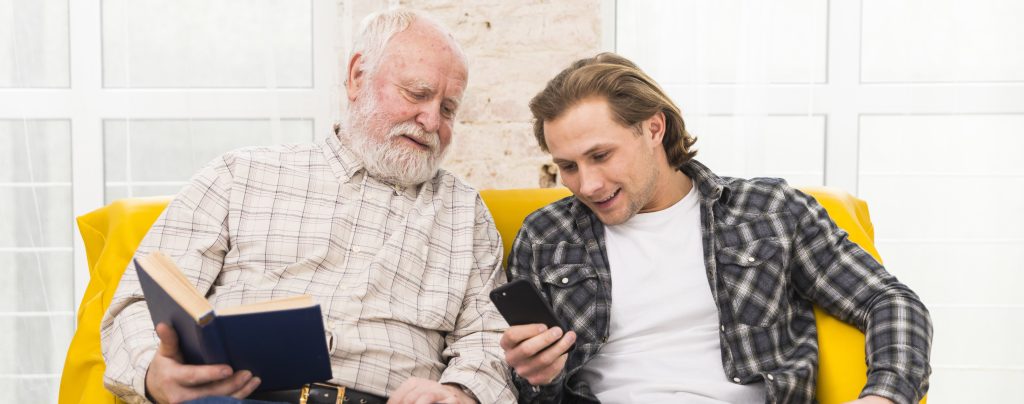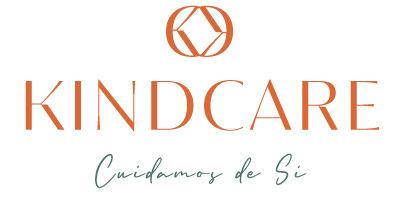
The importance of maintaining and respecting the habits and routines of the Elderly
The Elder Person lives life at a different pace. Physically, it takes longer to complete tasks because their vigor is waning. From an intellectual standpoint, it’s important to remember that this group of people grew up and lived most of their days in a world with little or no technology (including television) and limited mobility. A few years ago, the constant pressure to be online, respond to messages, and complete a wide range of tasks in the shortest possible time didn’t exist. The Elderly value conversation, leisurely strolls, extended family gatherings where they can happily socialize for hours, as well as personal or direct contact.
Elderly people have their own rhythms and habits, which they deeply value. Many of these patterns can clash with the routines of younger people, which are much faster and performed without high precision. This behavioral difference occasionally generates clashes and friction between generations. On the one hand, it’s important for the Elderly Person to fulfill their rituals in full. On the other hand, when younger people are thinking about the list of tasks they still have to complete, there are a number of behaviors that the Elderly insist on that seem incomprehensible and unnecessary.
To maintain respect for the habits and routines of the Elderly, it’s important to have:
Feeling of Safety and Control
These routine behaviors give the Elder Person a sense of security and control. Using the same spoon and mug for morning coffee provides predictability that reduces anxiety and uncertainty.
Maintenance of Identity and Memory
Habits are often linked to memories and past experiences. Maintaining them helps preserve the identity of the Elder Person and exercise memory.
Promotion of Autonomy
Allowing the Elderly to follow their daily routines, even if they are small, is a way of respecting their autonomy and independence, crucial elements for their dignity.
Decrease of Stress and Confict
Trying to change ingrained habits can cause frustration and stress for both the caregiver and the Elder Person. Respecting their routine minimizes conflicts and makes coexistence more harmonious.
Physical and Emotional Well-being
Habits such as regular mealtimes and rest times contribute to physical health, while the emotional consistency that a routine provides is essential for mental well-being.
KindCare caregivers know that respecting the habits and rhythms of seniors is crucial to their well-being. Therefore, when caring for seniors, they consider these routines and rhythms essential. To learn more, contact KindCare.
Sources:
https://metodosupera.com.br/rotina-do-idoso
https://bluemoonseniorcounseling.com/how-daily-routines-improve-mental-health-for-seniors/
